This comprehensive overview of project management (PM) nicely separates it from other disciplines involved in business projects. PM consultant Eric Verzuh outlines the ins and outs of the field and includes resources for preparing for the project management professional certification exam. He delves into product development, problem solving, enterprise PM and project portfolio management, as well Microsoft Project software – all valuable references. Use this like any textbook and as a solid starting point for exploring the topic. Some knowledge of PM language will help you reap its full benefits.
The project management framework helps businesses innovate rapidly and create value.
Project management (PM) is a framework and set of skills that managers use to deliver business value by focusing on five factors: clear goals on which all stakeholders agree, a plan with a mapped-out path and well-defined responsibilities to use for measuring progress, effective communications, a controlled scope, and management support. Project success also requires alignment with corporate strategy and a team with the necessary technical skills. The discipline of project management is a framework for achieving these objectives.
Because projects are unique, you manage each one differently, but every successful project delivers value to the parent organization. Each project differs from its ongoing operations. Projects have a clear beginning and end, as opposed to continuing operations, which, by definition, don’t. Projects produce a specific product – be it tangible or intangible. A project begins with identifying the work to be done, creating a project charter, and establishing project rules and an execution plan. The longest...
Project management consultant Eric Verzuh works for government, business and nonprofit clients. A project management professional, he founded PM4NGOs, a nonprofit that promotes project management in developing countries.









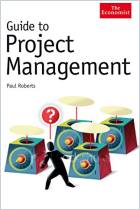
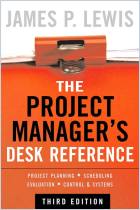
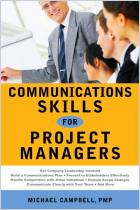
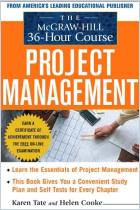
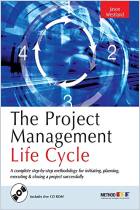
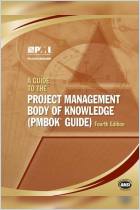



Comment on this summary or Comenzar discusión